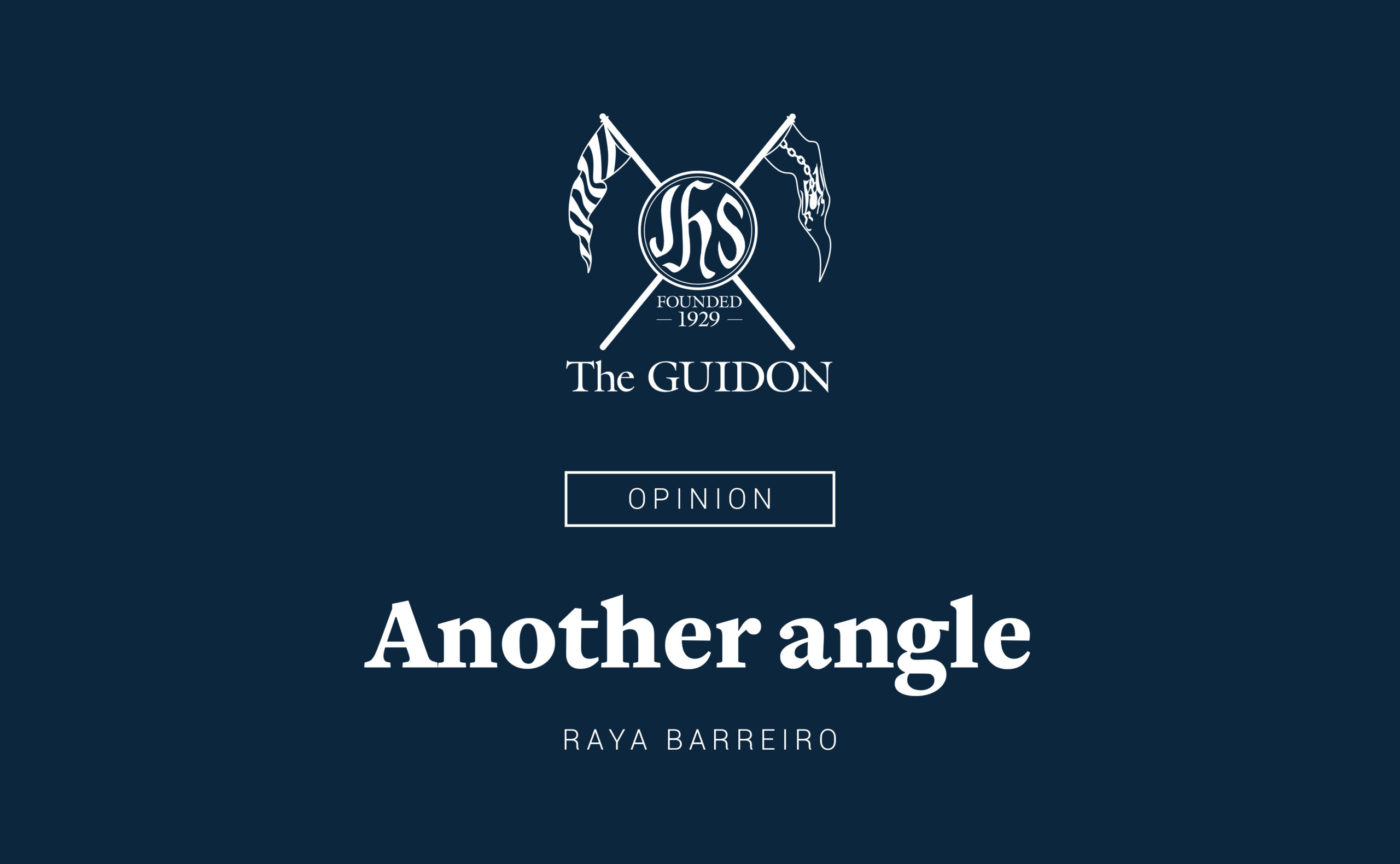THE NEWFOUND term Filipinx was recently defined as those “of or relating to natives or inhabitants of the Philippines,” but those living in the Philippines aggressively disagreed. With more people replacing vowels in pronouns and nationalities with the letter x, I never stopped to think of its implications until I woke up to dozens of angry paragraphs written across social media. Local netizens had their fair share of opinions against the term and the assumption that it covers all Filipino citizens. Filipino has always been the title for citizenship, regardless of sex or gender, but the Philippine diaspora youth are working to challenge this as their counterparts have for the respective titles.
Filipinx has since become both a movement for the diaspora community and the beginning of a heated debate. Common arguments from both sides boil down to questions on identity, particularly in the aspects of gender expression and our colonial roots.
Language has drastically transformed—and continues to transform—especially in the expressions of gender and identity. Some have argued that Filipinx is unnecessary as our national language already makes use of genderless pronouns. However, language aside, our deeply Catholic society is still trying to make sense of gender fluidity. Towards the LGBTQ+ community, Philippine society is seen as tolerant, at most. The diaspora community sees Filipinx as a movement against the adherence to the binary as well as our colonial roots.
The local and the diaspora communities live completely different contexts with continuously evolving perceptions of what it means to come from the Philippines. Inevitably, how one community labels themselves is interpreted differently by the other. The diasporic argument against “Filipino” is that it carries imperialist views on gender in light of the feminine alternative “Filipina.” Local citizens believe “Filipinx” carries the same colonial influence because of its creation within the context of Western culture. At the end of the day, both titles are rooted in the name of King Philip II, one of the first colonial names we learn when studying our national history.
What we and our diasporic counterparts have in common is the struggle with grasping national identity amidst our colonial origins. Identity, on the personal and national level, is no longer a static concept. It has become a process that both local and diaspora communities continue to fight through.
I am in no way defending those who oppose the term nor those who impose it, but the tension caused by the disconnect on both ends gives us more reason to have this difficult conversation as civil as we can. In the process, actively recognizing our unique geographical and cultural standpoints will put our collective understanding of our shared heritage in a new, modern light. With the tension between both groups, striving for full unity at this point in the conversation feels like a long shot, but continuous understanding of each other’s contexts might be the first step to that.







